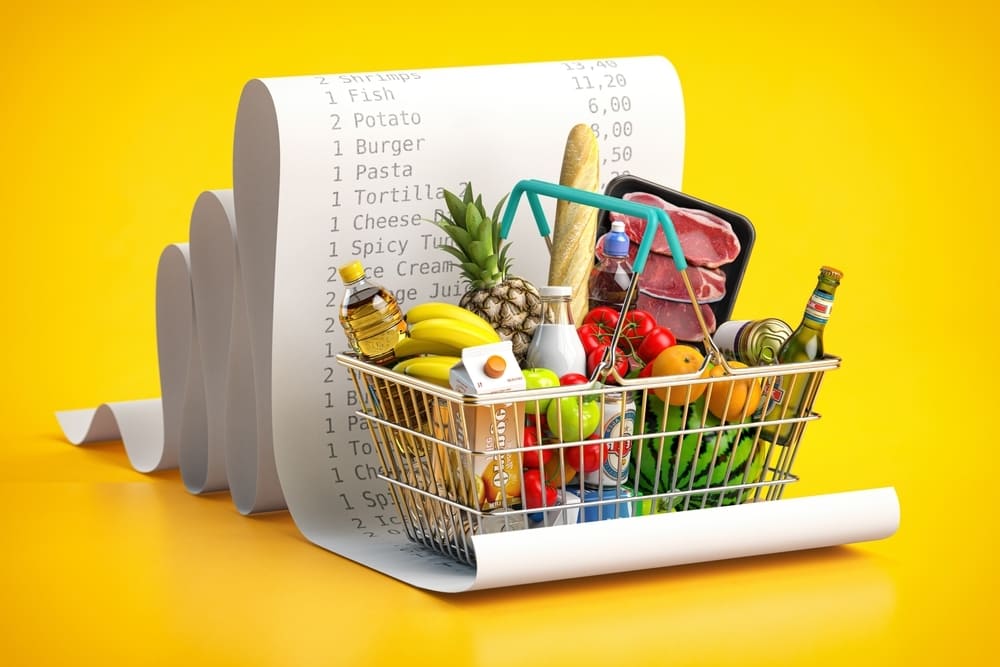Jasmine Birtles
Your money-making expert. Financial journalist, TV and radio personality.


New figures show that the inflation rate fell by 1.1% in the year to July, landing at 6.8%. This is expected to be, in part, due to lower energy costs – however prices of many commodities, specifically food, remain high.
Down from 7.9% in June, this cooling off of inflation will bring hope to many. However, it’s expected that there could be a further increase in interest rates, due to the cost of restaurants and hotel stays remaining high, as well as the high cost of goods such as alcohol.
The 6.8% inflation figure is far lower than it was last October, when it hit a staggering 11.1% at its peak. Inflation is still over three times higher than the target of 2%, set by the Bank of England.
It’s also important to remember that although inflation is falling, it doesn’t necessarily mean prices will start to fall. ‘Falling inflation’ means prices are still rising, albeit at a slower rate than before.
That being said, some prices are starting to go down as the effects of falling inflation slowly trickle down to the consumer, with basics such as milk and eggs slowly starting to drop.
“Whilst the latest headline inflation numbers have finally followed the Bank of England’s repeatedly re-written script, there will be little cause for celebration in the hallowed halls of Threadneedle Street.
“The introduction of the new energy price cap, which reflects falling gas and electricity prices, was always going to impact July’s numbers and has been primarily responsible for the significant fall in the headline rate.
“Households will also be relieved to see the rate at which food prices are rising has continued to slow, with some staples on supermarket shelves actually costing less than they did earlier in the year.
“The price of stuff is falling, and the latest producer prices suggest that trend will only accelerate as we head towards the back end of the year.
“And with wage growth of 7.8%, people should start to feel the benefit in their pockets as the worst of the cost-of-living crisis seems to be drawing to a close.
“But this is a decidedly cup-half-full moment. Firstly, inflation is still significantly above that 2% target. And even if it is cooling off faster than a sun burnt Brit diving into a hotel pool, prices are not falling, they’re just not rising as fast as they have been.
“Then there are the secondary effects that have indeed become embedded in the UK economy.
“Wage increases and price pressures have forced up service costs and that’s weaving its own nasty spell on core inflation.
“And it’s the core figure that will keep pressure on the Bank of England to keep raising interest rates until the sticky tendrils have been eradicated like weeds denied water.
“Today’s figure does buy the government a bit of breathing space and it seems Rishi Sunak’s 5% target is now achievable.
“But there remains a question for many families facing the prospect of spiralling mortgage costs – is the new pain worse than that which is being cured?”
